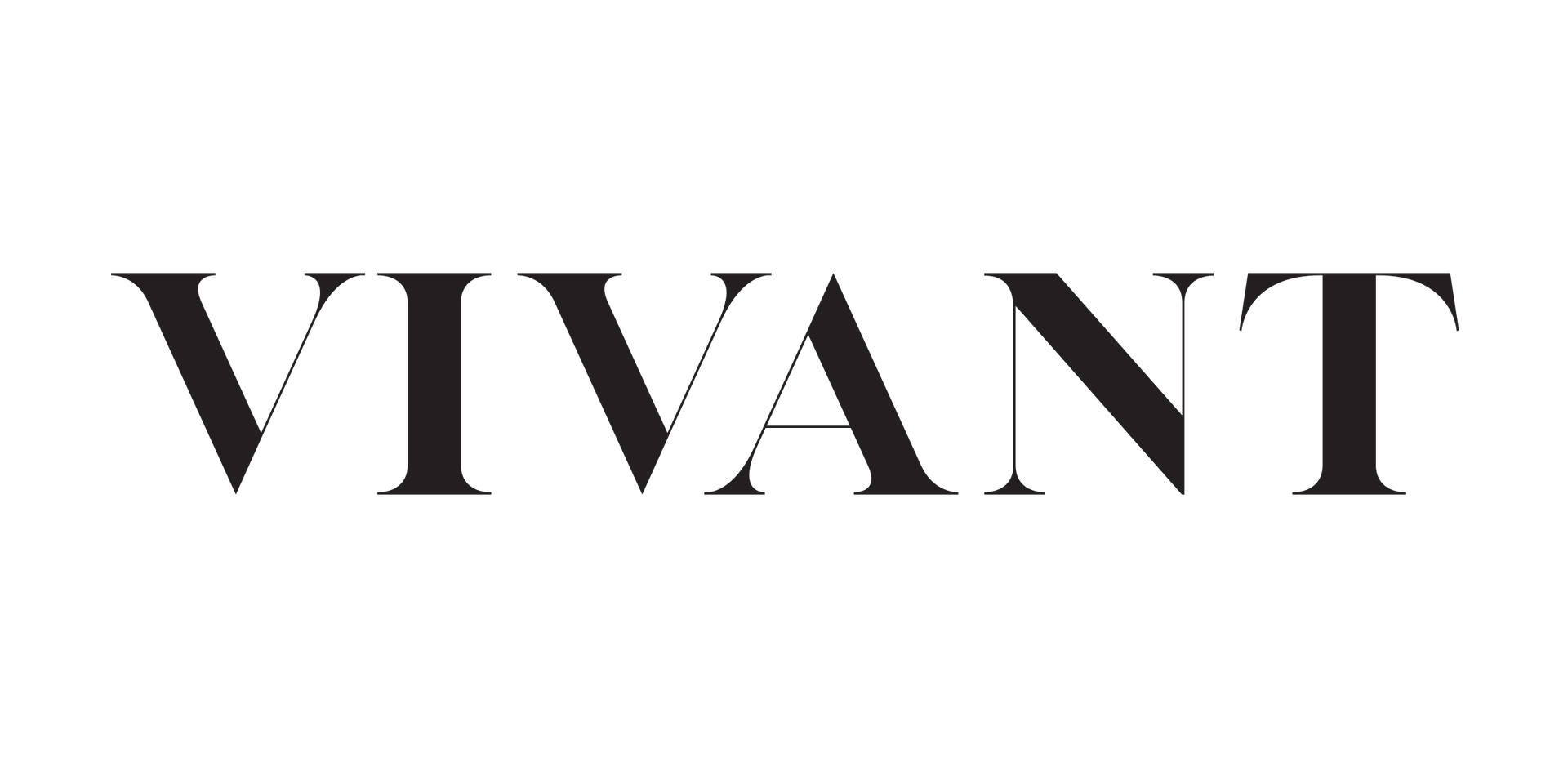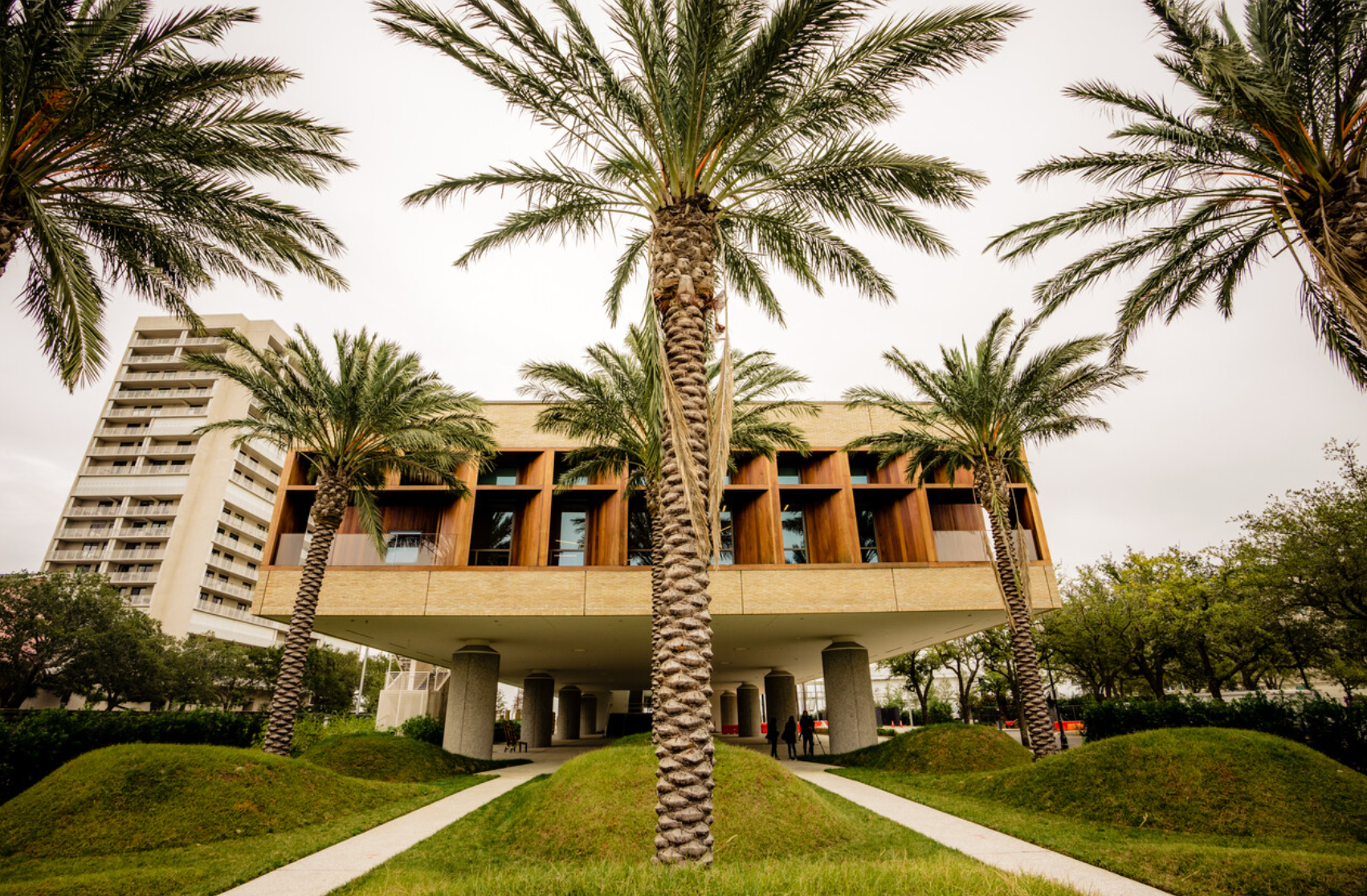Space for Giants
Lexi Bowes-Lyon is cousin to Prince Harry and Prince William and is Director of Philanthropy at the international conservation organisation Space for Giants. Covid-19 is having a devastating impact on work to protect Africa’s remaining wildlife and their habitats, she tells LUXE.
Describe
Space for Giants’ work.
Space for Giants grew out of academic research in the early 2000s into how elephants in Kenya were adapting to increasingly human landscapes. From that, it’s expanded to focus today on protecting elephants and their habitats across Africa. We’re still based in northern
Kenya but operate now in nine countries that together are home to 80% of the continent’s remaining elephants.
We work to keep elephants safe from the illegal wildlife trade by training specialist conservation rangers and supporting stronger judicial action against suspected poachers. We’re increasingly focused on demonstrating the economic value of a preserved landscape, through
bringing the benefits of tourism, perhaps, or carbon credits, to local people. When harming the environment harms incomes too, there’s that extra incentive to protect it.
Why elephants?
They’re the keystone species in many ecosystems, so if you protect them, you protect all the rest, too. Their incredibly complex and nurturing social structures are maintained through sophisticated communication. Now more than ever, isn’t essential to our own societies
whilst we are on lockdown to remember how important trusted information is? Elephant behavior can be a reminder of how kindness is key and that it is imperative for us to look after each other. A society where we revere the elderly and learn from them will
enable us to make smarter long term decisions in the interest of wider society.
But it’s not just the species; it is their habitats, too. Africa holds a third of the planet’s biodiversity, a quarter of its mammal species and a third of its bird species. It contains some of the last intact terrestrial megafauna migrations and natural river systems,
as well as the second biggest carbon basin after the Amazon. How African ecosystems are protected and their biodiversity conserved is clearly a priority for our attempts to deal with the climate crisis and the collective health of humanity, as well as all the
other species that share the planet with us. If protected, these ecosystems will also prevent the wildlife they contain being thoughtlessly traded and consumed, helping to prevent another Covid-19 crisis.
What is the link between Covid-19 and conservation?
It is critical to remember we are in this situation because we have exploited Earth’s last remaining natural ecosystems where we capture or kill wild animals to supply highly lucrative international illegal trades in their parts, that includes tusks and horns but also meat.
We now know this has exposed us to the deadliest of diseases including HIV, Ebola, SARS and now COVID-19. The more we interfere with nature, the greater the chance of these zoonotic diseases jumping from animals to humans. If ever there was a reason to take
action to protect Earth’s remaining natural ecosystems, it is now.
How is Covid-19 affecting conservation?
A huge proportion of funding for conservation in Africa comes thanks to tourism. Certain wildlife reserves where Space for Giants operates are looking at holes in their budgets of 60% or more, as the global travel shutdown continues. The risk is that poachers will take advantage.
There were reports recently of six elephants poached in Ethiopia, where they’ve not seen poaching for years and years. In Space for Giant’s ‘backyard’ in northern Kenya a big bull was found dead with its tusks removed a month ago in a place that used to be
a poaching hotspot but where there’d been a huge drop until recently. There’s no direct data yet saying, “this is because of Covid-19”, but we’re hearing lots of anecdotal reports: elephants, rhinos, lions, giraffe, antelope: all sorts of animals at greater
risk. Why? Because the loss of tourism revenue has reduced security patrols, and safari tourists and their guides are also not on the ground, reducing the ‘eyes and ears’ in a reserve even further.
As such, the task of monitoring and patrolling vast swaths of land now rests solely on rangers. Their jobs are becoming more difficult, dangerous and crucial to the survival of these already endangered animals. Space for Giants is raising money with our #AHealthyEarth campaign
to help plug the gaps that the pandemic is opening up in financing of key programmes and operations, including maintaining frontline protection. The illegal wildlife trade networks will surely pounce if they see that security dipping.
What might conservation organisations learn from Covid-19?
Whilst tourism is a key source of revenue, it’s clear conservation cannot continue to rely on it. Space for Giants working to diversify the range of nature-based businesses driving dividends to local people. Carbon opportunities are one such expansion. The work Space for
Giants does across the landscapes where they operate ensures their ongoing protection, allowing them to continue to sequester carbon.
How can people help?
To lose ground now would put us back years. As a result, Space for Giants has set up a crisis fund to cover the core costs of their conservation programs and to plug the gaps that the loss of tourism has left. Please donate here (link: http://spaceforgiants.org/support-us/ )
to support (Space for Giants USA is a registered nonprofit). We would be very interested to discuss other ongoing or new work, as well. Please write to me at lexi@spaceforgiantsusa.org
to learn more about the critical work that Space for Giants is doing.
VIVANTmagazine.com is part of VIVANT Media Group, which delivers the finest lifestyle media to the most affluent communities. We inform and captivate readers with original stories on culture & society, interiors & architecture, travel & experiences, fashion & lifestyle, food & entertaining, philanthropy & purpose, and exclusive insights inspiring the art of elegant living.
Our Brands
VIVANT Magazine | WQ Magazine | Delamar Magazine
All Rights Reserved | VIVANT Media Group





